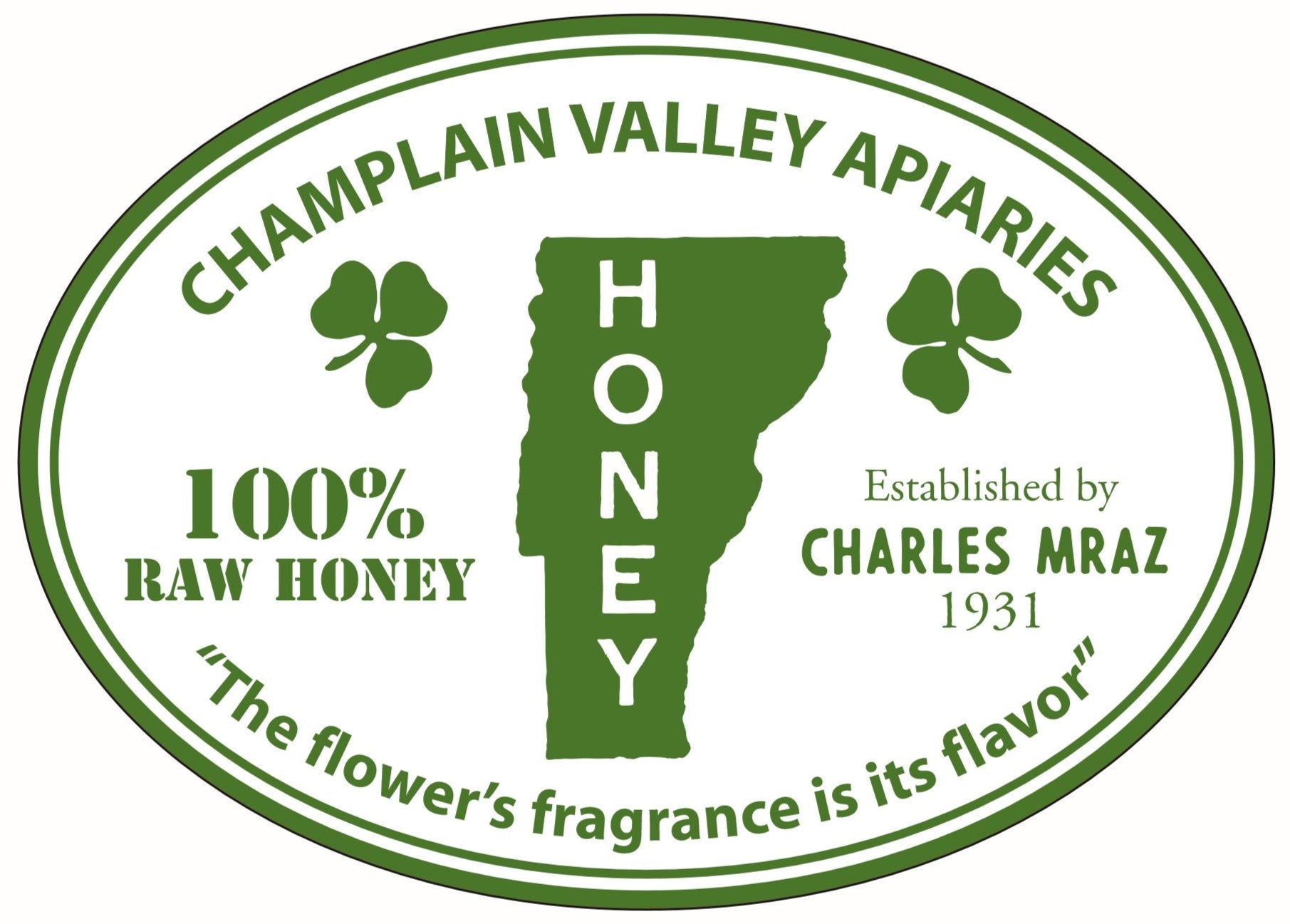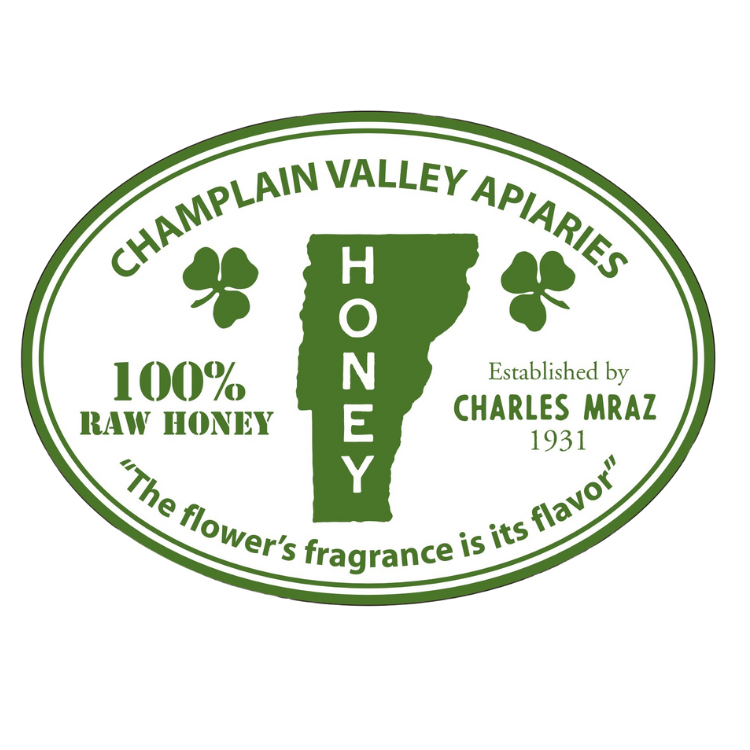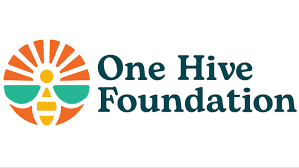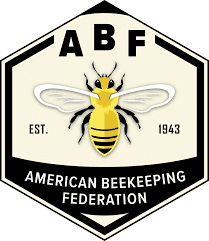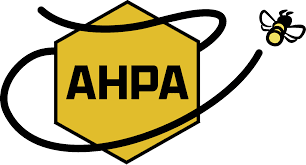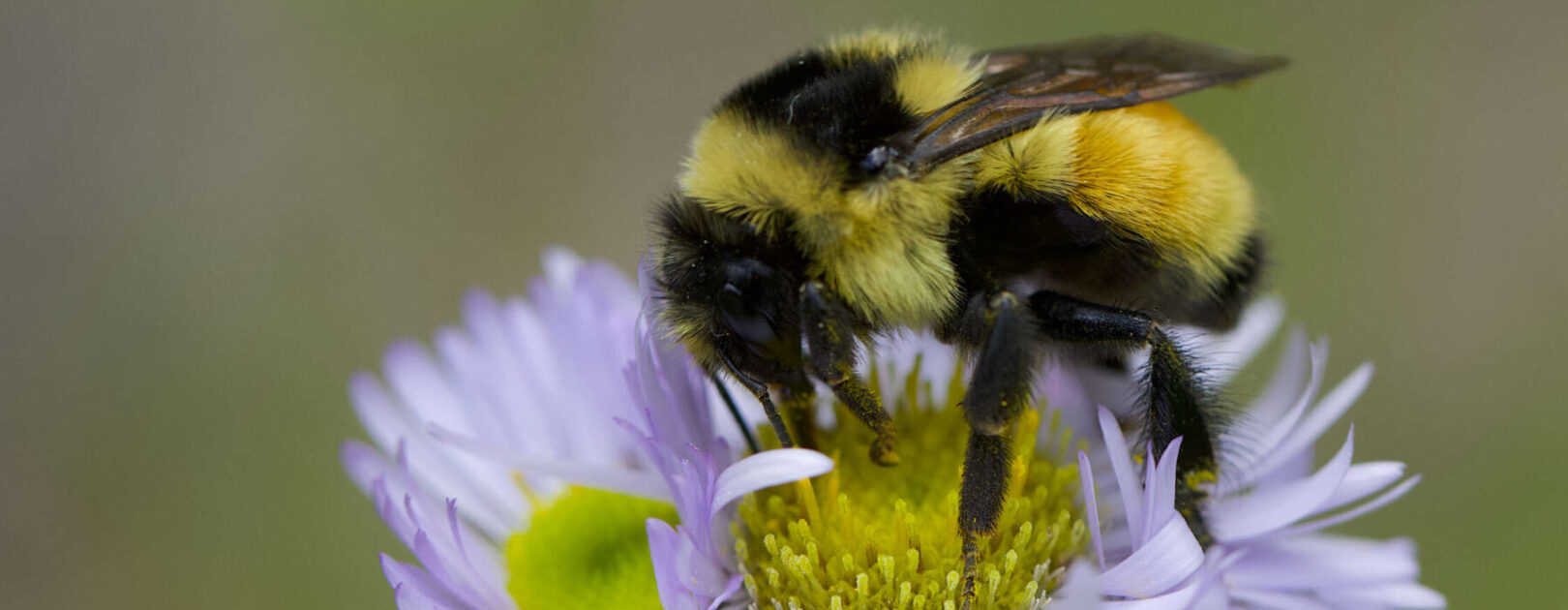
How to Help Pollinators This Summer (Even If You’re Not a Beekeeper)
When we think about pollinators, honeybees usually steal the spotlight—but the truth is, bees, butterflies, moths, hummingbirds, and even beetles all play essential roles in keeping Vermont's landscapes lush and our food system thriving. And while not everyone has the time, space, or resources to keep a hive, every single person can help pollinators thrive this summer.
As beekeepers here in Vermont, we see firsthand how much of a difference even small actions can make. So whether you live in the country, the suburbs, or have a balcony garden in town—here are simple, impactful ways to support pollinators this season.

🪻 1. Plant a Pollinator-Friendly Garden
One of the most effective ways to help is by growing native flowering plants that provide nectar and pollen throughout the season.
✅ Tips:
-
Choose Vermont-native species like bee balm, echinacea, milkweed, goldenrod, and black-eyed Susans.
-
Aim for a variety of colors, shapes, and bloom times to attract different types of pollinators all summer long.
-
If you only have a small space, use window boxes, pots, or hanging baskets with herbs like lavender, thyme, and mint—bees love them!

🚱 2. Go Chemical-Free
Many pesticides and herbicides—even those labeled “bee-friendly”—can be harmful to pollinators.
✅ What You Can Do:
-
Avoid using chemical sprays in your yard or garden.
-
Look for organic gardening methods, or try companion planting to naturally deter pests.
-
If you must spray, do so early in the morning or late in the evening, when bees are less active.
💧 3. Provide Clean Water
Pollinators need water to stay hydrated and regulate the temperature in their hives or nests.
✅ Try This:
-
Set out a shallow dish filled with water and pebbles or marbles so bees and butterflies can land safely while they drink.
-
Change the water regularly to keep it clean and mosquito-free.

🐝 4. Support Wild Bees, Too
Not all bees live in hives. Many wild native bees (like mason bees or bumblebees) nest in undisturbed ground, brush piles, or hollow stems.
✅ Help by:
-
Leaving a corner of your yard a little “wild” or unmowed with natural brush and leaf litter.
-
Installing a bee hotel or leaving bare patches of soil for ground-nesting bees.
-
Avoiding overly “tidy” landscaping that removes natural habitat.
🌼 Final Thought: Small Actions, Big Impact
You don’t need to be a beekeeper to make a real difference. In fact, some of the most powerful things we can do for pollinators happen right in our backyards, gardens, balconies, and daily choices.
This summer, let’s give our pollinators the support they deserve—they repay us with food, flowers, and a thriving environment.
